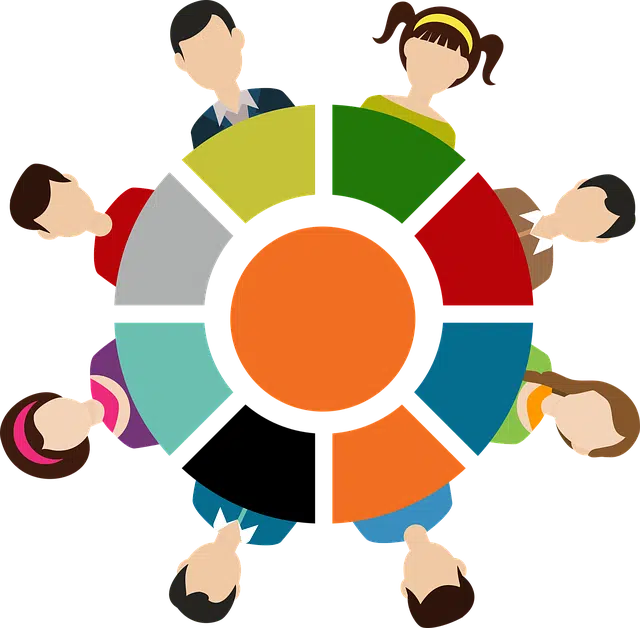
Segmentation is linked to separation into segments.
The act and consequence of segmenting (that is, dividing or forming segments or portions ) is known as segmentation . The concept, as can be seen from practice, has multiple uses according to each context.
It is possible to talk about market segmentation, for example, to name the division of the market into smaller groups whose members share certain characteristics and requirements. These subgroups, experts say, are determined after analyzing the market.
Development of market segmentation
Segmentation requires the creation of homogeneous groups, at least with respect to certain variables. Given that the members of each segment maintain similar behaviors or behaviors, it is possible to anticipate a similar response to marketing strategies.
Among the requirements to segment the market correctly are homogeneity within the segment, heterogeneity between segments and the possibility of identifying, measuring and managing each segment.
Many times, a company that collaborates with market segmentation at one point in history changes its mind years later to try to cover a greater percentage of consumers. Manufacturers of expensive automobiles, for example, struggled for years to present their products as luxury items, available only to the portion of the population with high purchasing power. However, given different factors, such as the growing list of benefits of current economical cars and the global crisis, they have been forced to rethink their proposal and marketing strategies.
This can be seen in the numerous advertisements, especially television, that try to erase existing concepts regarding their products and their elitist quality . Mercedes Benz is the most outstanding example; Through its “ There is a new Mercedes ” campaign, it assures potential consumers that there is a tailor-made model for anyone, regardless of their economic situation, age, number of family members, tastes, etc.

It can be said that segmentation is related to division.
The universalization
The problem with going against market segmentation is that the company's image can lose its clarity. For example, when Nintendo began to advertise its products with a broader view, trying to include people of all ages and genders, the industry lost respect in the company , assuming that if a console offered video games so much for a 6-year-old child such as for an 83-year-old woman or for a teenager, then these titles would lack seriousness and an acceptable level of quality.
While consumers who cannot identify with any segment of the market suffer from this phenomenon, others oppose universalization, fearing that the distinctive characteristics of their favorite products will be diluted. The solution, as mentioned in previous paragraphs, is complex and delicate, since while companies experiment with different messages, they lose sums of money that may be impossible to recover.
Segmentation in biology
For the field of biology , however, segmentation is related to the segmented divisions of organisms belonging to both the animal and plant kingdoms. In this way, a high level of specialization of the areas of the body is produced.
The embryological process that lies in the cell divisions ( mitosis ) of the fertilized egg that take place before gastrulation is also known as segmentation.
The notion in computing
In computing , segmentation is a method that seeks to increase the performance of a digital system. The English notion is known as pipelining , since the logic imitates the operation of an oil pipeline (which is divided into various segments with pumps that propel the gas).
In this case, programming consists of developing calculations that must be synchronized with the clock every a certain amount of time so that the critical path is reduced.
